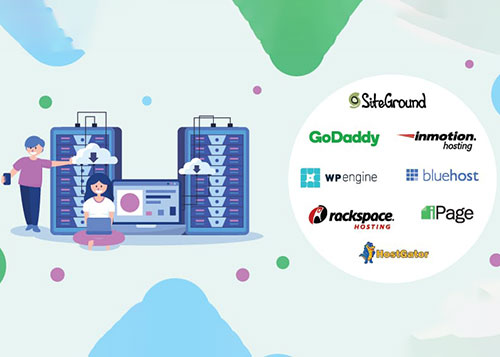AWS Lambda: Serverless Computing
In today's fast-paced technological landscape, businesses and developers constantly seek efficient and cost-effective solutions for building and deploying applications. This is where AWS Lambda, a revolutionary serverless computing platform offered by Amazon Web Services (AWS), takes center stage.

What is AWS Lambda?
AWS Lambda is a serverless compute service that allows you to run code without provisioning or managing servers. It executes your code in response to events, such as changes in data, shifts in application state, or user actions, automatically scaling resources to meet demand. With Lambda, you only pay for the compute time you consume, making it an incredibly cost-efficient solution.
Key Benefits of AWS Lambda:
- Serverless Architecture: Focus on writing code, not managing infrastructure. Lambda handles all server-related tasks, allowing you to concentrate on application logic.
- Scalability and Elasticity: Lambda automatically scales your application in response to real-time demand, ensuring optimal performance even during traffic spikes.
- Cost-Effectiveness: Pay only for the compute time used. There are no charges when your code is not running, making it a highly cost-efficient solution.
- Flexibility and Integrations: Lambda integrates seamlessly with other AWS services, enabling you to build powerful and scalable applications leveraging the breadth of the AWS ecosystem.
- Simplified Deployment: Deploy code quickly and easily without complex infrastructure setup. Lambda supports various programming languages, including Node.js, Python, Java, and Go, making it accessible to a wide range of developers.
Use Cases for AWS Lambda:
- Real-time Data Processing: Process streaming data from sources like Amazon Kinesis or AWS IoT, triggering actions based on specific events.
- Backend for Web and Mobile Applications: Build serverless backends for web and mobile applications, handling user authentication, data storage, and API requests.
- Microservices Architecture: Create and deploy individual microservices that perform specific functions, enhancing application modularity and scalability.
- Scheduled Tasks and Automation: Automate tasks such as data backups, log analysis, and resource management using Lambda's scheduled event triggers.
- Internet of Things (IoT): Process data from IoT devices, trigger actions based on sensor readings, and build responsive and intelligent IoT applications.
Getting Started with AWS Lambda:
Getting started with AWS Lambda is straightforward. You can use the AWS Management Console, AWS CLI, or AWS SDKs to create and manage Lambda functions. Simply write your code in a supported language, define the event trigger, and deploy. Lambda takes care of the rest.
Conclusion:
AWS Lambda is a game-changer in application development and deployment. By embracing a serverless approach, developers can streamline their workflows, reduce costs, and focus on innovation. Whether you are building a small web application or a large-scale enterprise system, AWS Lambda provides the flexibility, scalability, and cost-effectiveness you need to succeed in today's dynamic digital landscape.
















